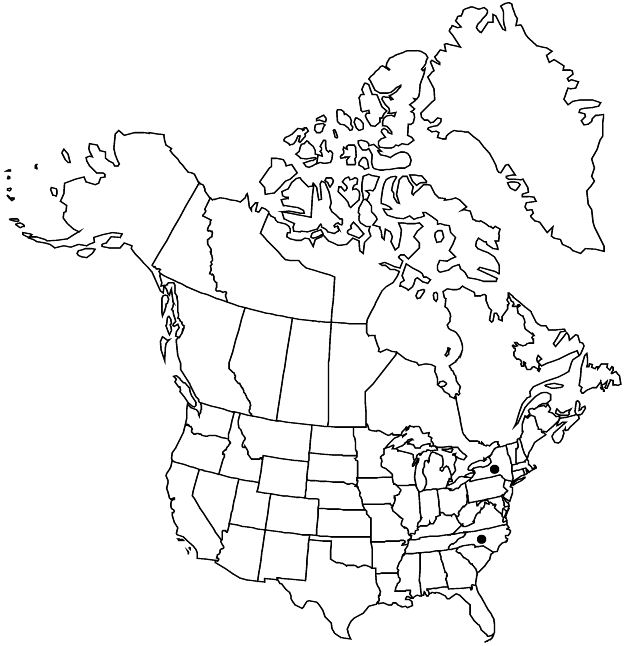Cornus kousa
J. Linn. Soc., Bot. 13: 105. 1872.
Trees to 10 m, flowering at 2 m. Stems solitary or clustered, bark mottled gray and tan, of thin exfoliating plates; branches gray-maroon with longitudinal fissures, bark flaky; branchlets gray, densely appressed-hairy; lenticels pale, round or lenticular spots. Leaves: petiole 5–12 mm; blade elliptic, ovate, or widely ovate, 5–8 × 2–5 cm, base cuneate, apex long acuminate, abaxial surface pale green, appressed-hairy, tufts of erect hairs in axils of secondary veins, adaxial surface dark green, appressed-hairy; secondary veins 4–6 per side, evenly spaced, vein also present on leaf margin. Inflorescences subglobose, 0.9–1.4 cm diam., 40–75-flowered; peduncle 40–60 mm; petaloid bracts white to slightly yellow, narrowly ovate, rhombic, or trullate, 4–7 × 3–6 cm, base cuneate, apex acuminate. Flowers: hypanthium appressed-hairy; sepals 1–1.5 mm; petals cream or yellow-green, 3–4 mm. Syncarps red, subglobose, 20–27 mm diam.; stones ellipsoid, 7–9 × 4–5 mm, smooth.
Phenology: Flowering Apr–Jul; fruiting Aug–Oct.
Habitat: Disturbed areas, lawns.
Elevation: 0–1000 m.
Distribution

N.Y., N.C., Asia (China, Japan, Korea).
Discussion
Cornus kousa is frequently planted in the flora area as an ornamental and for its edible fruit. Though not well established, it has been noted to spread from cultivation.
Selected References
None.